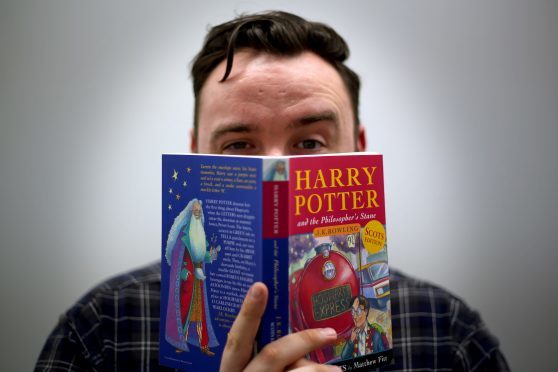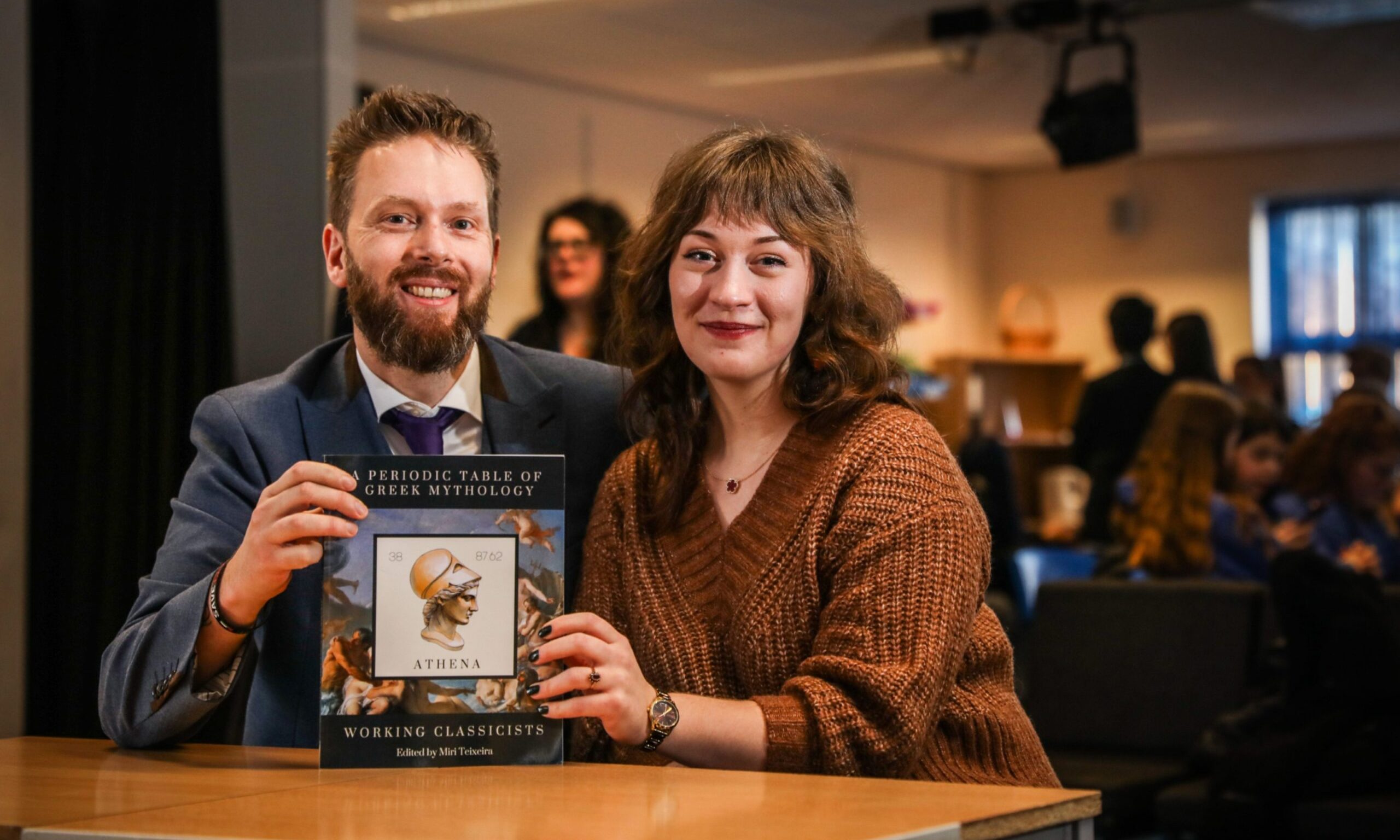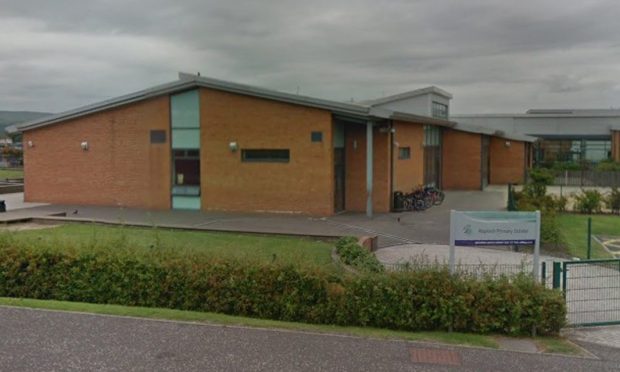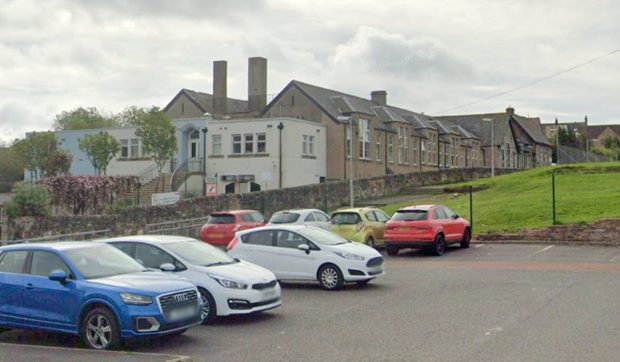Secondary schools are failing to develop pupils’ literacy skills, according to a damning new report by a leading Dundee academic.
The UK-wide study of children’s reading habits has found that secondary school pupils are not reading challenging enough books.
As a result, by the time many are sitting exams at the age of 16 their reading abilities are no higher than that of a 13-year-old or lower.
The reading habits of nearly 30,000 Scottish schoolchildren were collected as part of the research, and then analysed by Professor Keith Topping of Dundee University’s school of education and social work.
In total, the What Kids Are Reading report examined the reading habits of nearly one million children across the UK and Ireland.
It found book difficulty levels rise sharply in the early years of formal education so primary pupils are typically reading more advanced books for their chronological age.
However, this progress stops around the age of 11 and the difficulty of books read falls as pupils get older.
This decline exists among both boys and girls and across all parts of the UK.
Professor Topping said: “The uniformity of the fall in literacy levels is striking as it cuts across boys, girls and all parts of the UK.
“To avert a further slide in literacy levels in secondary schools, pupils should be encouraged to push themselves to read more difficult books.
“By their teenage years pupils are more likely to take advice from their friends and peers than their teachers and parents about the types of books they should be reading.
“With this in mind, teachers could encourage them to talk more openly about what they are reading and make appropriate suggestions to their classmates.”
The research found that many pupils in secondary school are reading books that are no harder than those read in primary school.
Six of the 10 most read books among high school pupils in Scotland are from the Diary of Wimpy Kid series of cartoon novels, which are aimed at children as young as eight.
Data for the study was compiled by education assessment provider Renaissance UK.
Managing director Dirk Foch said: “The fall in teenagers’ reading ages is striking. By the time many come to sit their National 4 and 5 examinations, many will have a reading age of 13 or less, meaning that they could even struggle to comprehend their exam papers.”
Scottish Conservative education spokeswoman Liz Smith said: “Along with proficiency in numeracy, reading and writing are the keys that unlock the door to wider educational and employment opportunities.
“It is vital that there is much more focus on the 3Rs and ensuring that all teachers feel fully confident in their own skills to teach them.”
Scottish Labour education spokesman Iain Gray said: “The SNP promised that education would be the top priority, but instead budgets have been slashed and pupils have lost out.”
A Scottish Government spokesperson said: “Improving education and raising standards for all is this government’s number one priority.
“That is why our education reforms have a relentless focus on literacy and we are making a significant investment, through the Attainment Challenge and Pupil Equity Funding, to close the literacy attainment gap.
“Meanwhile the Scottish Book Trust has been piloting the First Minister’s Reading Challenge in secondary schools with the future aim of encouraging all pupils up to S3 to read for pleasure.
“Research shows this outweighs the impact of socio-economic background on pupils’ success at school.”










